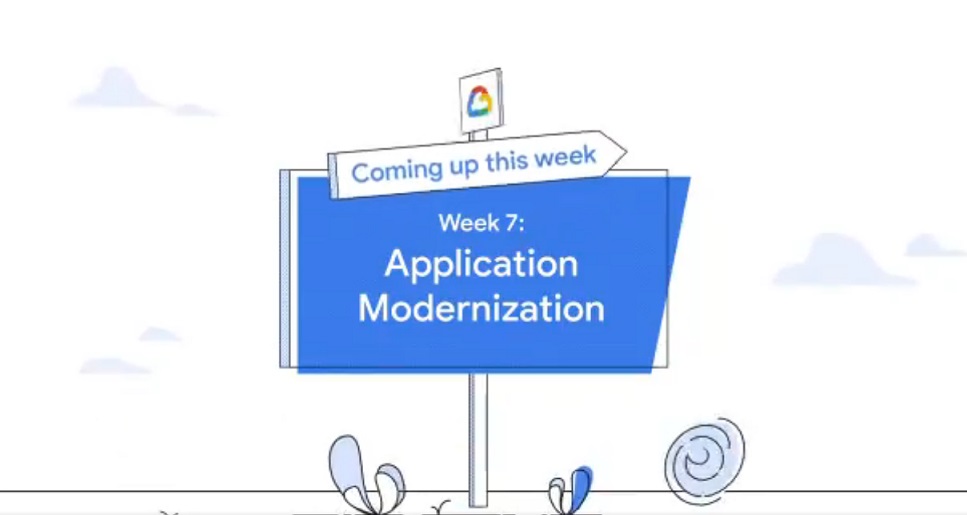 CLOUD
CLOUD
 CLOUD
CLOUD
 CLOUD
CLOUD
There are television shows and Broadway productions that haven’t lasted as long as this year’s Google Cloud Next.
Now seven weeks into its nine-week run, Google Cloud’s signature event was extended from its previous three-day in-person gathering to a series of weekly virtual broadcasts out of necessity because of the global pandemic. Beginning in July, the company has made announcements around productivity and collaboration, infrastructure, security, data analytics, cloud management and app modernization.
This week provided analysts with an opportunity to assess Google Cloud’s progress in the enterprise world.
“Google has come from a position of strength on the tech side, but the enterprise business is hard,” said John Furrier, co-host of theCUBE, SiliconANGLE Media’s livestreaming studio. “The word in the Valley is great stuff with the people, product is awesome and getting better. But there are still those enterprise features, product reliability in terms of not sunsetting products early, making sure the right support levels are there. These are the little details that make the difference between an enterprise player and someone who is moving too fast.”
Furrier spoke with co-hosts Stu Miniman and Dave Vellante as part of their virtual conference analysis during the Google Cloud Next OnAir event. They discussed Google’s progress in cloud revenue and spending momentum, the firm’s positioning in hybrid and multicloud solutions and its opportunity to address network pain points.
TheCUBE analysts offered evidence surrounding cloud revenue and spending momentum to illustrate Google’s progress since Thomas Kurian assumed leadership of the firm’s cloud business near the end of 2018.
Cloud revenue estimates year-over-year and from the past two quarters show that Google’s percentage is rising faster than its top two competitors.
“They are growing faster than Azure and Amazon Web Services from a smaller base,” Vellante noted. “They are starting to close that gap but are still quite a distance from the leaders.”
Data reported by Enterprise Technology Research also showed that Google still had to work to catch up with the hyperscale leaders in spending momentum.
“VMware Cloud on AWS has really popped up,” Vellante said. “This notion of hybrid as part of the cloud and multicloud ecosystem is really starting to have legs.”
Can Google differentiate itself in the hybrid or multicloud arena? Announcements released by Google today included new features for Anthos, the firm’s hybrid cloud application development platform. Yet, there has also been concern that Google’s contribution of Kubernetes to the open-source community in 2015 might have long-term consequences for its future competitive position.
“Much of the multicloud discussion has been due to Kubernetes, and if it wasn’t for Google, we wouldn’t have Kubernetes,” Miniman said. “It’s open source; the Cloud Native Computing Foundation took it and customers went nuts with it. The other public cloud and even smaller cloud providers are getting as much as if not more value than Google is.”
Google’s announcements this week also included a new Identity Service that extended security features to Anthos applications and workloads. This latest solution raised the possibility that Google could leverage its significant trove of collected data to address challenges in the network ecosystem.
“Identity will be critical because Google has so much intellectual property around user information on the mobile side,” Furrier said. “They could leverage that and really help make the edge secure. If Google can leverage some of those network pain points and then bring Anthos as that connective tissue, they’ve got a real opportunity. But they’ve got to pull it off.”
Here’s the complete analysis, part of SiliconANGLE’s and theCUBE’s independent coverage of the Google Cloud Next OnAir event:
THANK YOU